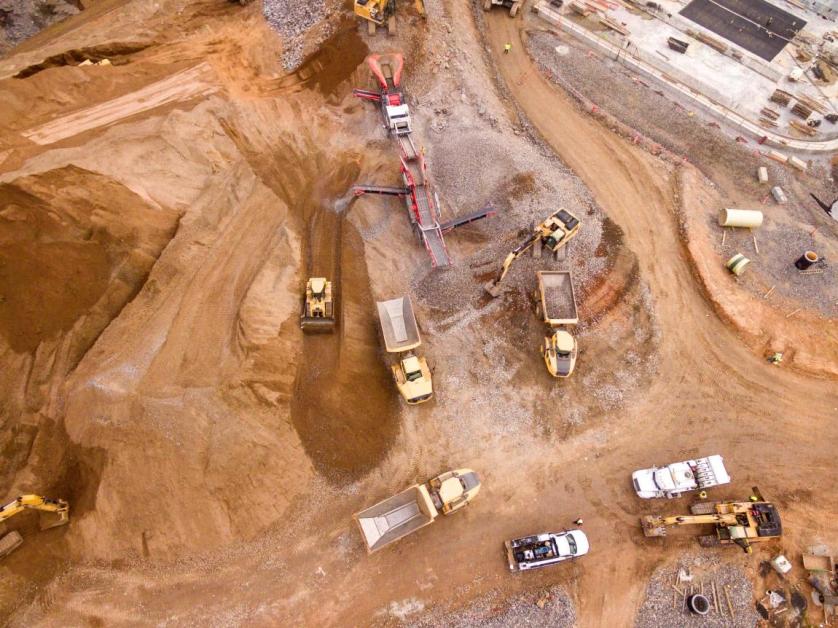
Baku is expanding its toolbox of hybrid war. Armenia's natural resources are targeted by the enemy
The other day, information was spread that Azerbaijan is preparing a map of Armenia's mines, thanks to which it will be possible to find out where the mineral resources are located in Armenia. An adversary's mapping of our assets and their subsequent use for some purpose could potentially become a national security threat.
On the other hand, it is known that electronic management, automation and information systems are quite developed in the Republic of Armenia. Information of great public interest is also often public based on the principle of public interest and security, as well as obligations under international conventions and agreements.
It turns out that the problem is not that Azerbaijan is collecting and inventorying information about Armenia's natural resources, which as such is open information, but that the sector, which is considered the economic pillar of Armenia, has come under the target of the enemy. And considering Azerbaijan's ambitions towards Armenia, this can be considered as another step in the economic war implemented by Baku.
Let's remind that during and after the 44-day war, the mining industry was targeted by Azerbaijan. This is also evidenced by the fact that the part of the Sotk mine, which remained on the border of Armenia, continued to work, but in 2023. the open pit works were stopped, allegedly under the pretext of exhausting the resources of the open pit and preparing for the operation of the underground mine. However, it was obvious that it was not a problem of resources, but of security and our ability to protect the border first of all. Instead, through its military force and threat, Azerbaijan deprived Armenia of a year's worth of taxes and many local residents of their means of living.
Looking at the events in Sotky as an example, one can guess that Baku is expanding its arsenal of hybrid warfare. Accordingly, Armenia should also develop an appropriate security policy, taking into account the strategic importance of the mining sector. "Detq" will find out whether the above is being implemented as a result of a survey sent to the relevant authorities and will present it to its reader.
And before that, let's look at one more possible danger related to the activity of the enemy in this area. Speaking about the mapping of Armenia's mines, the president of the Public Association of Cartographers of Azerbaijan, Mugabil Bayramov, also said that the map will contain environmental information, for example, which rivers are polluted by which substances, and where these wastes are dumped. Moreover, it is planned to present these maps to the participants of the "COP29" international conference.
It turns out that there is a high probability that the adversary aims to present Armenia in front of the international community as a country creating a regional disaster in terms of environment. Moreover, "thanks" to the work of our environmental and diplomatic corps, as well as as a result of the decision agreed at the highest level, Armenia withdraws its veto and gives its opponent the opportunity to hold the international annual climate conference of the United Nations, "COP29" in Baku. This is perhaps one of the most influential and large-scale conferences in our days, which brings unspeakable ranking, economic and influence benefits to the hosting country. And Baku, as we can see, is already in a hurry to take advantage of the opportunity provided by us and is preparing to use that global platform to completely discredit Armenia.
Armenia, understanding the rather obvious goal, should objectively and soberly assess the risk of possible blows to it and be ready for it. Today, Azerbaijan aims not only to point out the location of Armenia's mines and resources to the world (it would be a good service for Armenia to attract the attention of investors), but specifically to show operating mines and companies with their environmental impact. Azerbaijan can make such an analysis quite easily, because the necessary data is publicly available in Armenia.
Add new comment